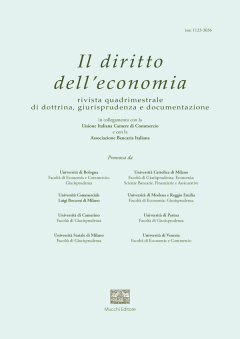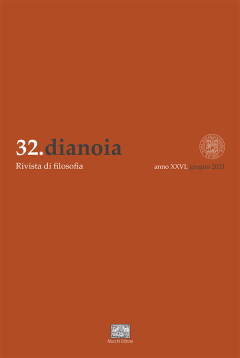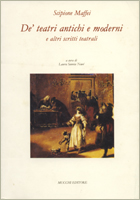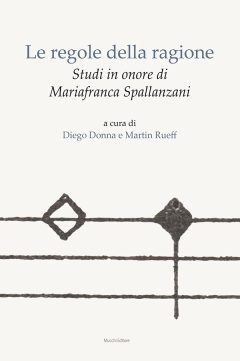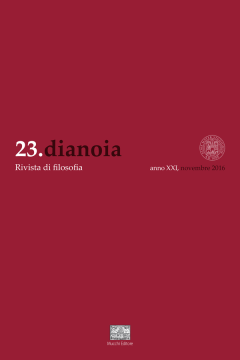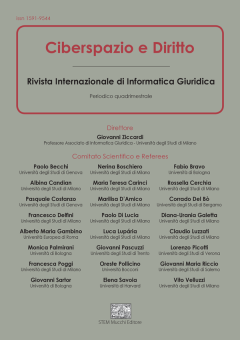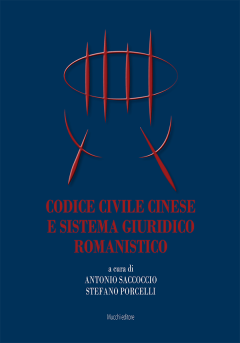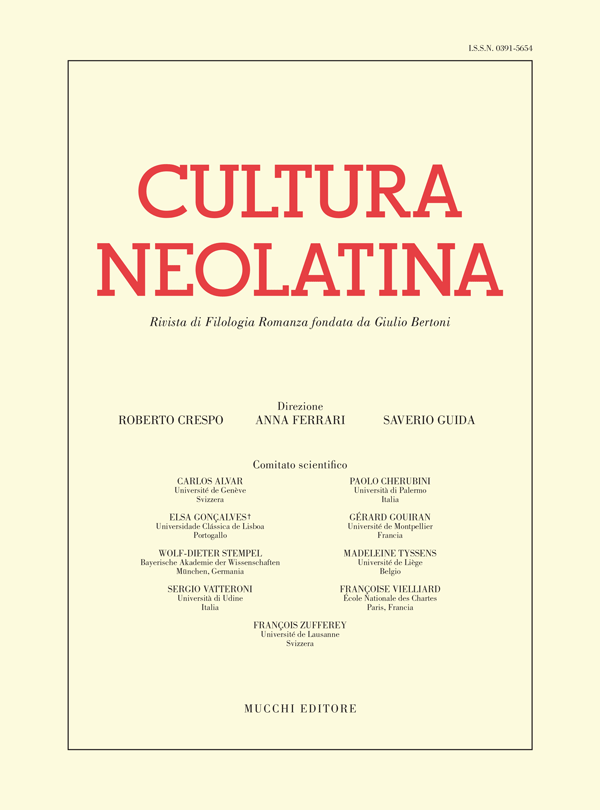Il saggio propone una lettura inedita di Narcisse – poemetto anonimo in antico francese del XII secolo –, prima rilevando e poi analizzando la presenza nel testo di una figura finora mai individuata ma il cui ruolo appare determinante. È attraverso questa che è possibile mostrare quanto Narcisse sia originale rilettura della fonte ovidiana: nel testo medievale il protagonista non è infatti vittima dell’amore per sé o per la sua immagine ma della fascinazione esercitata su di lui da un altro da sé, l’onbre che gli appare nell’ora più calda tra le acque in cui si specchia. La natura fantasmatica del desiderio amoroso, e dei pericoli che l’accompagnano, caratterizza i vari testi qui presi in esame insieme a Narcisse: in essi è possibile ravvisare la presenza (più o meno esplicita in alcuni casi, richiamata in absentia in altri) di un fantasma erotico, un motivo dalle radici classiche e pagane che attraversa il Medioevo mimetizzandosi sotto varie forme difficilmente riconoscibili, tra cui quelle di un demone di mezzogiorno.
The essay offers a new interpretation of Narcisse, an anonymous 12th-century Old French poem. It begins by identifying and then analyzing the presence of a figure that has never been identified before, but whose role appears to be crucial in the text. It is through this figure that one can demonstrate how Narcisse is an original reimagining of the Ovidian source. In the medieval text, the protagonist is not a victim of self-love or love for his own image but is instead fascinated by another figure, an onbre that appears to him in the hottest hour among the waters in which he gazes. The phantasmagorical nature of amorous desire and the associated perils characterize the various texts examined here alongside Narcisse. In these texts, it is possible to discern the presence (sometimes more explicitly, sometimes indirectly) of an erotic phantom, a motif rooted in classical and pagan traditions that traverses the Middle Ages, often camouflaging itself in various forms that are difficult to recognize, including that of a demon of noon.



